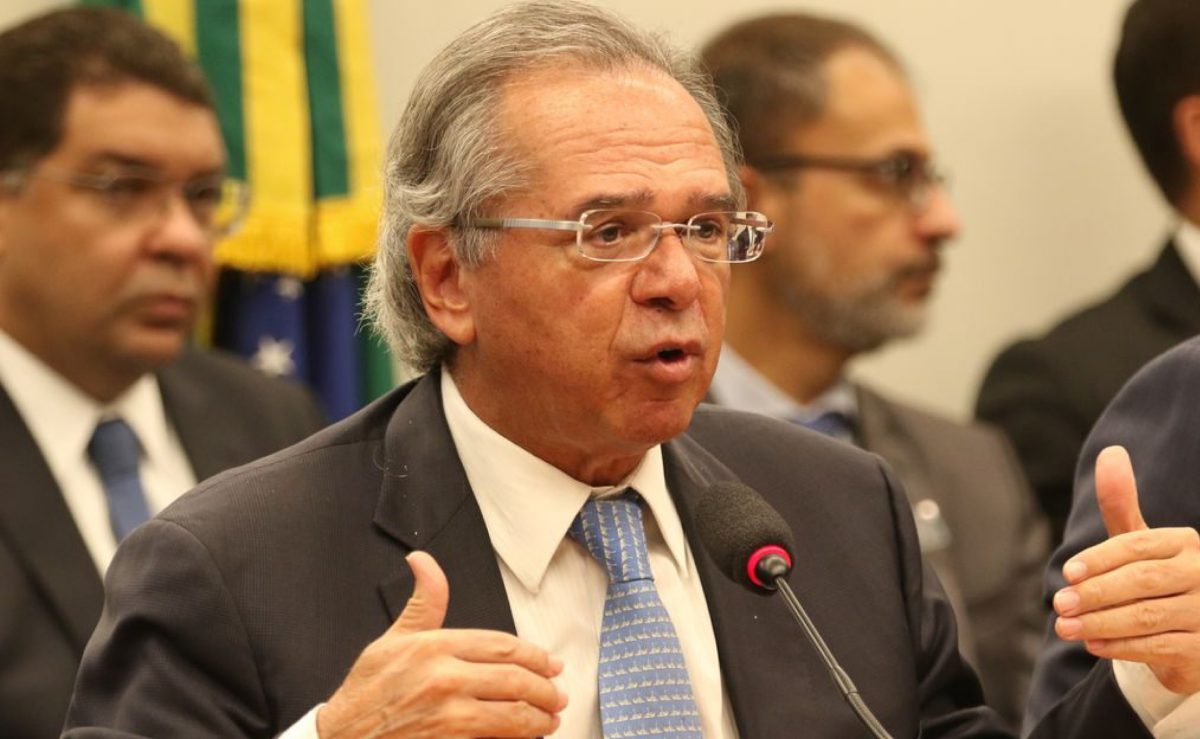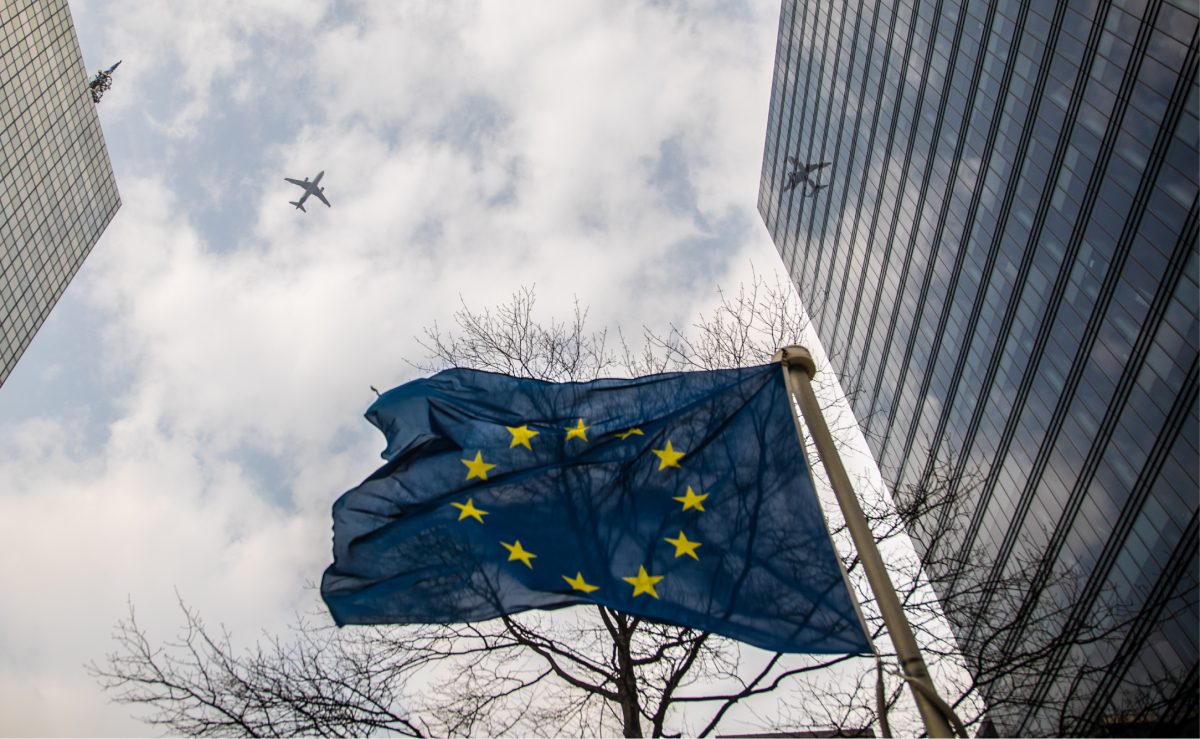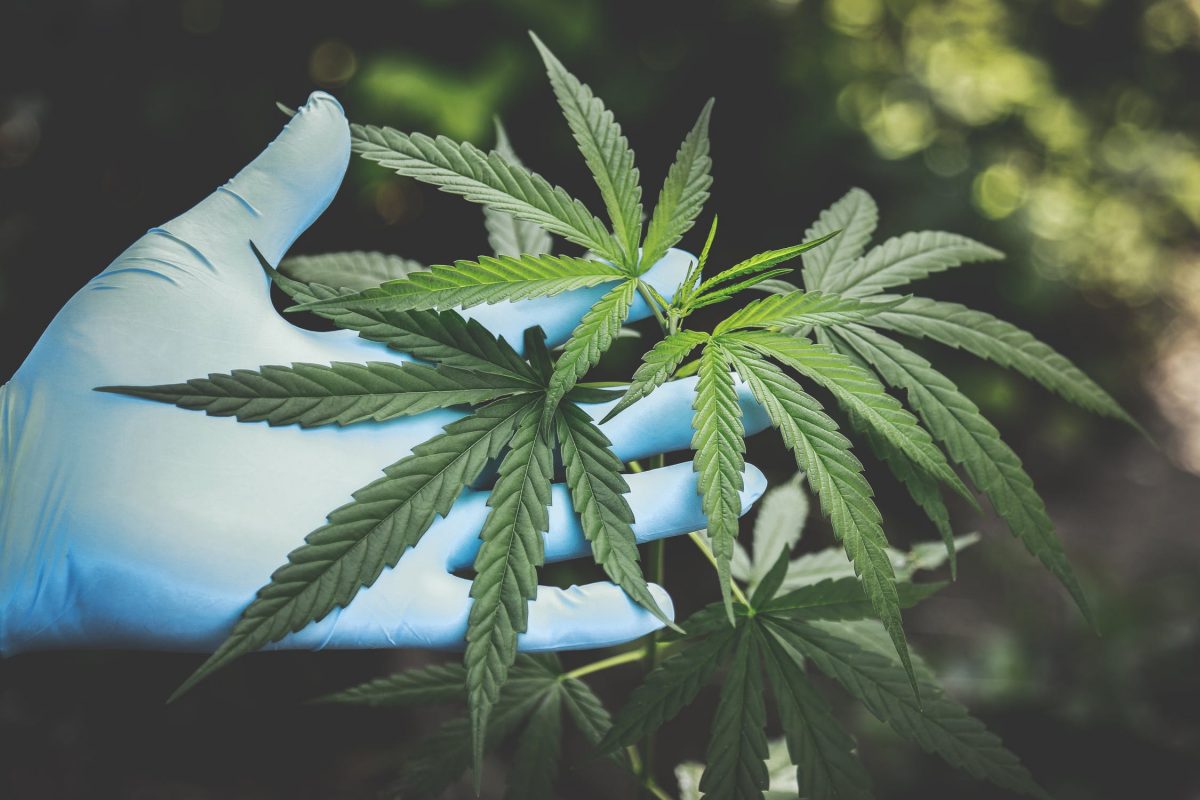The Ministry of Economy announced on Wednesday (July 3) measures to reduce the number of patent applications for analysis (backlog) by 80% by 2021 and reduce to approximately two years the BPTO’s average grant of patents term.
Economy Minister Paulo Guedes had participated in the launch of the Patents Backlog Combat Plan and said that the government is making important advances to stimulate the industry, increase the productivity and competitiveness of the Brazilian economy in the future. “We are in the knowledge economy, these intangible values such as patent law, trademark, property law are increasingly important,” he said.
According to the special secretary of Productivity, Employment and Competitiveness of the Ministry of Economy, Carlos da Costa, today, the backlog reaches 160 thousand applications. “We have patents being assessed now that they were deposited 11 years ago. Imagine a technology today, in the digital age, where everything is very fast, and 11 years later the patent is no longer so relevant, “he said.
For Costa, with the agility in granting patents, Brazil should stimulate innovation and become more competitive and integrated globally. He explains that in addition to preserving the right of the investor, the patent guarantees the dissemination of new technologies and allows other researchers to develop other patents.
The main novelty will be the analysis of national or foreign patent applications, which have already been evaluated in another country (80% of those in the queue). As of this month, BPTO will incorporate to the examination of these requests the search of patents realized abroad. In the case of patents that have not yet been evaluated abroad, the search will be made by the BPTO examiner.
According to the secretary, it is not an automatic patent authorization, but the use of the analyzes made in other countries. “The patent review processes were too long and had a lot of rework – many of these patents had already been granted internationally and started from scratch here. Now, let’s start from certain patent bases already recognized or already registered, “explained Costa.
The Patents Backlog Combat Plan does not include applications that received third-party subsidies or those with priority examination requirements. The use of the priority examination modalities of patent applications in the BPTO already allows the granting of patents in reduced terms, in about eight months.
Priority examinations benefit groups such as the elderly, micro and small businesses, science and technology institutions, green technology developers and participants in the Patent Prosecution Highway (PPH) – a project between national/regional patent offices in which a country takes advantage of the exam the partner to perform their analysis.
Madrid Protocol
During the event, Minister Paulo Guedes spoke about Brazil’s accession to the Madrid Protocol, an international treaty that facilitates and reduces the cost of registering Brazilian companies’ brands in other countries. “This will greatly stimulate the Brazilian industry, reciprocal recognition of brands, increase the competitiveness of Brazilian products abroad,” he said, noting also the possibility of more investments for the country with the recognition of foreign brands in Brazil.
Guedes also highlighted the cooperation of the Legislature to move Brazil’s accession to the protocol, which had been standing for 16 years in the Chamber of Deputies. The adhesion to the protocol was approved in the Congress in May of this year and signed by the president Jair Bolsonaro last week. The agreement, administered by the World Intellectual Property Organization (WIPO), was adopted on June 27, 1989, and has been in effect since 1996 in other nations.
According to the Ministry of Economy, the adhesion to the term was delivered today at WIPO. With this, the new system starts operating in October at BPTO. Brazilian companies will be able to simultaneously register their trademarks in 102 countries signatories of the agreement, presenting documentation only in Brazil, with the BPTO.
News from: Agência Brasil





